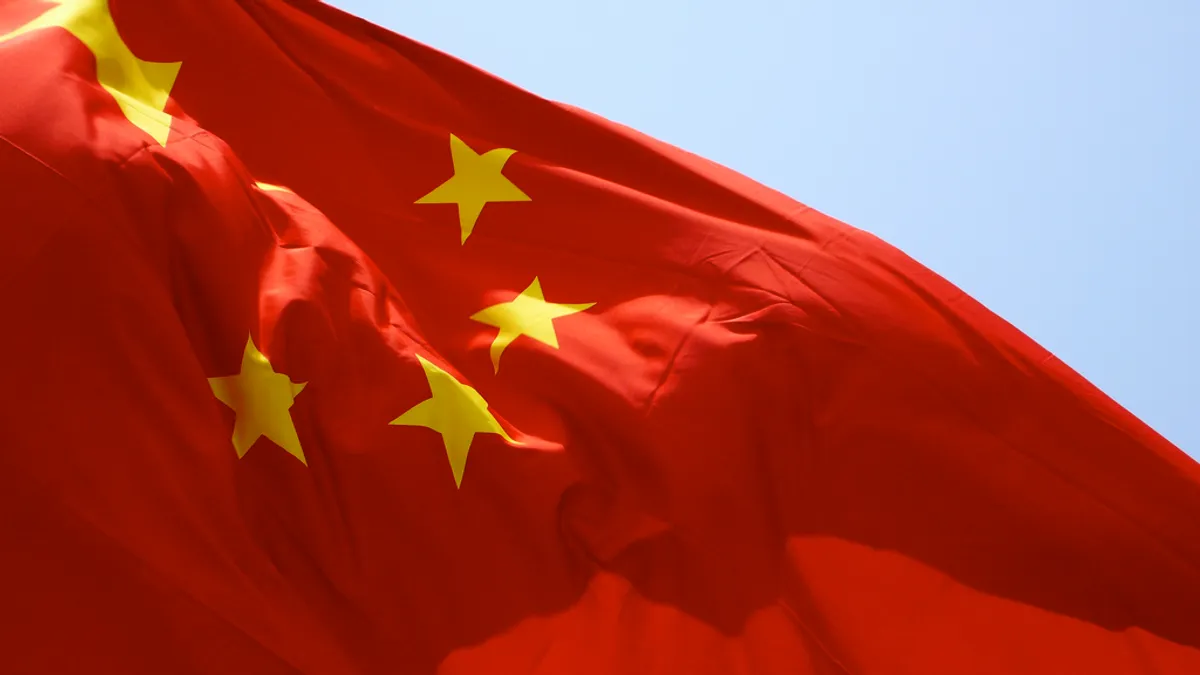Dive Brief:
-
China’s Venus Medtech is set to acquire Keystone Heart to take control of its experimental device for cutting the risk of neurological side effects in patients undergoing transcatheter aortic valve replacement (TAVR).
-
Keystone’s device, TriGUARD 3, is a potential rival to the Sentinel system Boston Scientific acquired in its $220 million takeover of Claret Medical earlier this year.
-
Acquiring the device will further Venus’ aspirations to grow into a global transcatheter heart valve company and, by extension, advance China’s plans to supercede the U.S. as the dominant force in the global medtech industry.
Dive Insight:
TAVR has become a booming niche of the medtech industry. Edwards Lifesciences created the field when it won FDA approval for its Sapien TAVR device in 2011. By 2015, companies including Abbott and Medtronic had won approval for rival products that were used in more than 24,000 TAVR procedures in the U.S. that year. The procedure has improved cardiovascular outcomes but it has also created problems.
When physicians replace aortic valves, they frequently dislodge debris that can make its way through the cardiovascular system to the brain. Once in the narrow vessels of the brain, the debris can restrict blood flow and thereby cause stroke. Next-generation TAVR devices and the spread of best practices have brought the 30-day rate of disabling stroke down below 2%. However, post-TAVR neurological complications are still common, with one study finding one-third of patients suffer cognitive decline.
Israel’s Keystone designed TriGUARD 3 to help these patients. During TAVR, the physician passes the device through one of the femoral access ports used in the replacement of aortic valves. Once the device reaches the aortic arch, it expands, creating a mesh designed to stop debris from flowing through any of the three vessels that lead to the brain.
TriGUARD 3 is closing in on regulatory clearances. Keystone expects to receive a CE mark by the end of the year and complete enrollment in a trial to support a U.S. approval in the first quarter of 2019. If the Keystone deal closes as expected in the fourth quarter, Venus will take charge of securing the regulatory clearances and establishing TriGUARD 3 as a rival to Boston Scientific’s Sentinel.
Venus has been building up to the point it can go toe-to-toe with the likes of Boston Scientific for several years. From 2013 to 2016, Venus raised $62 million in venture funding from backers including Goldman Sachs. In May, Venus received an investment of undisclosed size from China-focused private equity group DCP Capital.
The financings have helped Venus establish itself as a player in Chinese and global cardiac device markets. In April 2017, Venus’ VenusA-Valve became the first TAVR device to win regulatory approval in China. Aside of that landmark regulatory decision, Venus furthered its global plans by striking deals to buy Germany’s Transcatheter Technologies and the U.S.’ InterValve.
The dealmaking activity has taken Venus global at a time when the wider Chinese medtech sector is seeking to emerge as a true rival to the U.S.
Sweeping regulatory reforms are raising the standards of devices developed and manufactured in China. At the same time, money is flooding into the sector, enabling Chinese companies to make big overseas acquisitions. Over the past year, China’s Weigao and CDH Investments have bought the U.S.’ Argon Medical Devices and Australia’s Sirtex Medical for $800 million and $1.4 billion, respectively.










